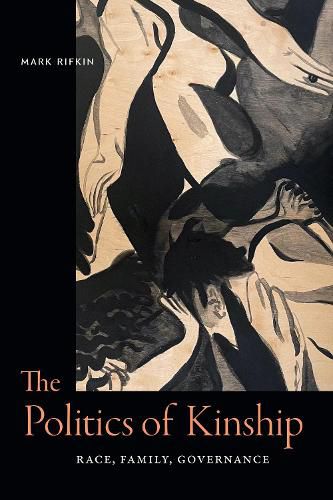Readings Newsletter
Become a Readings Member to make your shopping experience even easier.
Sign in or sign up for free!
You’re not far away from qualifying for FREE standard shipping within Australia
You’ve qualified for FREE standard shipping within Australia
The cart is loading…






What if we understood the idea of family as central to representing alternative forms of governance as expressions of racial deviance? In The Politics of Kinship, Mark Rifkin shows how ideologies of family, including notions of kinship, recast Indigenous and other forms of collective self-organization and self-determination as disruptive racial tendencies in need of state containment and intervention. Centering work in Indigenous studies, Rifkin illustrates how conceptions of family and race work together as part of ongoing efforts to regulate, assault, and efface other political orders. The book examines the history of anthropology and its resonances in contemporary queer scholarship, contemporary Indian policy from the 1970s onward, the legal history of family formation and privacy in the United States, and the association of blackness with criminality across US history. In doing so, Rifkin seeks to open new possibilities for envisioning what kinds of relations, networks, and formations can and should be seen as governance on lands claimed by the United States.
$9.00 standard shipping within Australia
FREE standard shipping within Australia for orders over $100.00
Express & International shipping calculated at checkout
What if we understood the idea of family as central to representing alternative forms of governance as expressions of racial deviance? In The Politics of Kinship, Mark Rifkin shows how ideologies of family, including notions of kinship, recast Indigenous and other forms of collective self-organization and self-determination as disruptive racial tendencies in need of state containment and intervention. Centering work in Indigenous studies, Rifkin illustrates how conceptions of family and race work together as part of ongoing efforts to regulate, assault, and efface other political orders. The book examines the history of anthropology and its resonances in contemporary queer scholarship, contemporary Indian policy from the 1970s onward, the legal history of family formation and privacy in the United States, and the association of blackness with criminality across US history. In doing so, Rifkin seeks to open new possibilities for envisioning what kinds of relations, networks, and formations can and should be seen as governance on lands claimed by the United States.